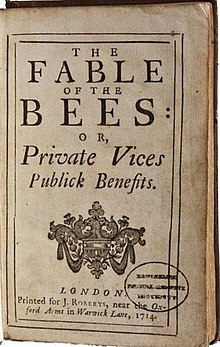
John Callanan
Senior Lecturer in Philosophy at King's College London
3 episodes
Covers topics in categories such as:
Kant's Copernican Revolution
Melvyn Bragg and guests discuss Kant's ideas on how the world depends on us, on the limits of human knowledge and why we are bound to ask questions we cannot answer.
3 June 2021
Also featuring: Fiona Hughes, Anil Gomes
PhilosophyGerman philosophers of artNatural law ethicistsGerman philosophers of scienceGerman political philosophersMetaphilosophersPhilosophers of social sciencePhilosophers of warGerman Lutherans18th-century philosophersTheoretical historiansGerman nationalists19th-century German philosophersTheorists on Western civilizationPhilosophers of literatureGerman idealistsAge of EnlightenmentPhilosophers of logicLogiciansPhilosophers of lawPhilosophers of sexuality18th-century German writersPhilosophy writersRationalists18th-century German male writersKantianismGerman philosophers of mind, German philosophers of religionWriters about religion and science18th-century German philosophers, 18th-century essayists19th-century German male writers19th-century Prussian peopleHumor researchersGerman philosophers of culture19th-century German essayistsPeople of the Age of EnlightenmentGerman agnosticsGerman male essayistsOntologistsGerman ethicists, German philosophers of educationLecturersMembers of the Prussian Academy of SciencesIdealistsNatural philosophersEnlightenment philosophersGerman epistemologistsWriters about activism and social change19th-century German non-fiction writersGerman philosophers of historyGerman male non-fiction writersGerman logicians, Kantian philosophersThe Fable of the Bees
Melvyn Bragg and guests discuss Bernard Mandeville's scandalous and influential work on private vices and public benefits, published first as The Grumbling Hive, a poem, in 1705.
25 October 2018
Also featuring: David Wootton, Helen Paul
Kant's Categorical Imperative
Melvyn Bragg and guests discuss one of Kant's best known ideas: 'Act only according to that maxim whereby you can, at the same time, will that it should become a universal law'.
21 September 2017
Also featuring: Alison Hills, David S. Oderberg


